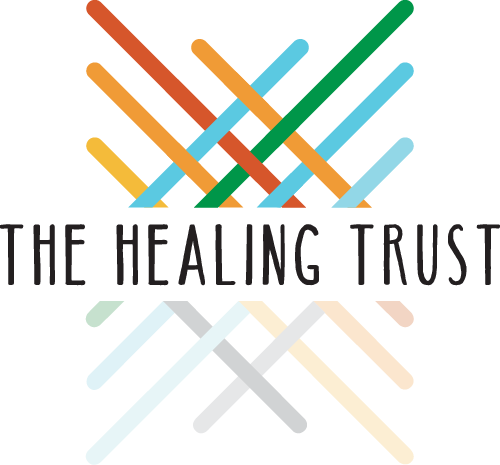I never aspired to be CEO of a foundation. In fact, when our former CEO told me she intended to retire and said that I should think about applying, I thought she had lost her mind. I loved the job that I had, and I felt competent doing it. Why would I take on a job that could lead to failure, especially when it was something I hadn’t even thought that I wanted to do? I also knew that I could never be her. She is like a warm blanket giving you a hug on a cold night. At the time, I was bit more like a roadrunner with a to-do list — not CEO material, or so I thought.
I attended a training on Appreciative Inquiry for Positive Change a few weeks later, and our speaker, the amazing Deb Palmer George, referenced seeking wisdom in the resistance. “Wait,” I thought. “I’m being resistant to the idea of being the CEO. I needed to think about this more deeply. Why am I feeling so resistant to the idea? I started to envision how I could operate as a CEO without comparing myself to previous leaders. I had a fixed mindset about what it meant to be a CEO based on our current reality, and I realized that I had the ability to imagine what it would be like to be a different type of CEO.
Before I could do that, though, I needed to explore my own values.
What Do We Value?
The exploration of my personal values coincided with the documentation of The Trust’s values. The Trust had recently undergone some big changes and needed to formalize the ways that it would operate in the future. In consideration of these changes, the staff and board questioned what organizational and cultural values it wanted to hold on to. The Trust went back to what it learned from Appreciative Inquiry and used its stages of discovering, dreaming, designing, and delivering to capture its values. The Trust decided on these values:
- We are dedicated to improved healthcare for vulnerable populations in collaboration with partners.
- We operate with a mind-body-spirit approach that encourages holistic practices among our nonprofit partners.
- We are faith-guided, individually and organizationally.
- We practice accountable innovation and thoughtful risk-taking.
- We practice stewardship and strategic investing for the benefit of generations to come
These values will not often change, but the ways that they are expressed might. The Trust isn’t perfect, but the team tries to focus on the organization’s values and what it does best rather than getting sidetracked by things that aren’t central to who it is.
Moving Forward
I spent time reflecting on my resistance to being CEO and identifying my own needs and values. That process allowed me to envision how I might operate as a CEO. I realized that my leadership wouldn’t necessarily be better or worse than The Trust’s previous leaders, but that it would be different and that would be okay.
In the end, going through the appreciative inquiry process and documenting The Trust’s values convinced me that I ought to apply for the job. I realized that my commitment to The Trust’s organizational values are deeply instilled in who I am both personally and professionally.
You don’t have to wait for change or transition to occur to explore your personal or professional values. Before you go into your next strategy meeting or consider a career move, take some time to review what is important to you and/or the organization.
Tell us how values guide your organization. How have your values influenced organizational change or your professional life?
Kristen Keely-Dinger is the President and CEO of The Healing Trust.

